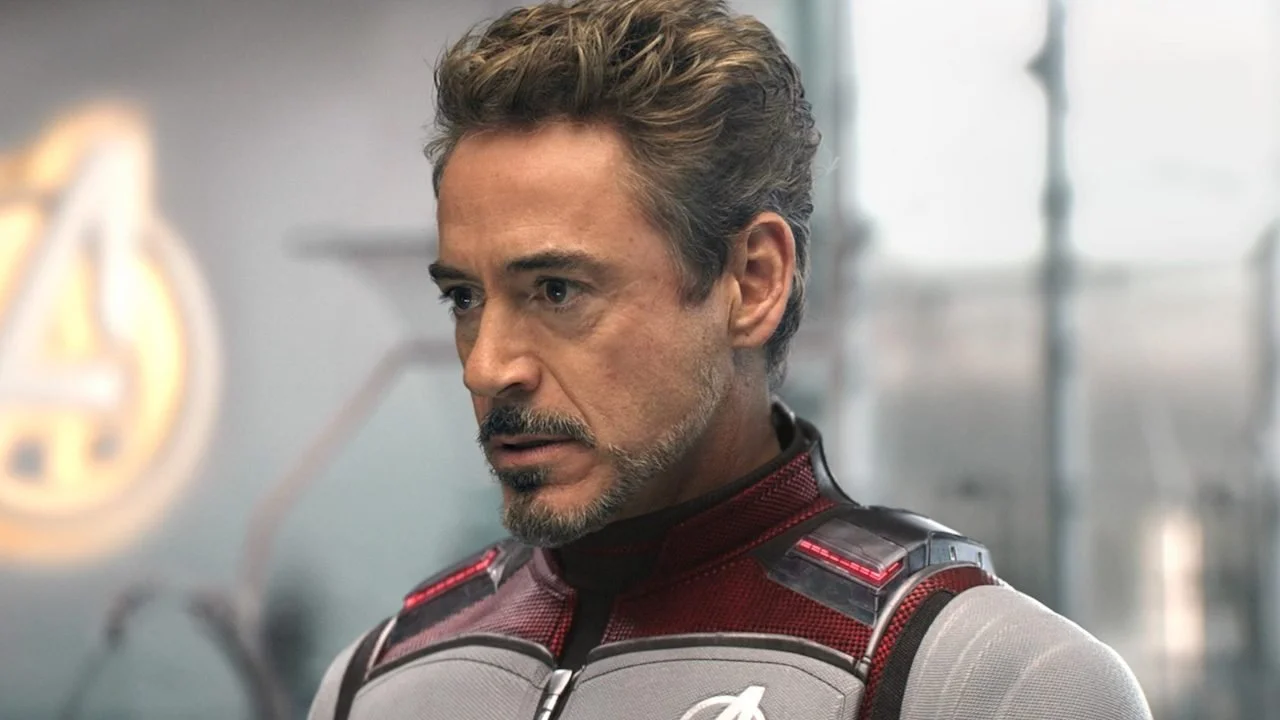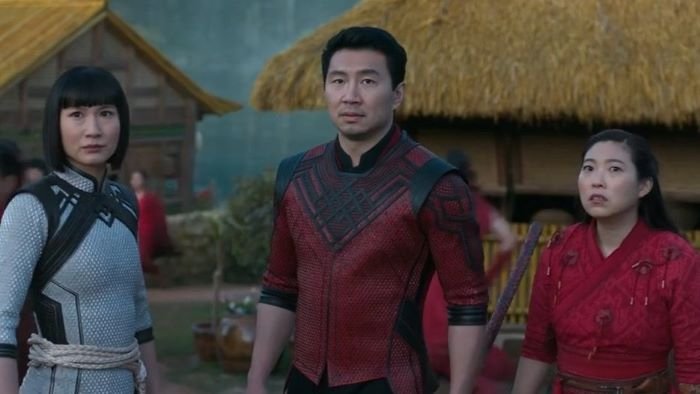Reasons Why ‘Shang-Chi And The Legend Of The Ten Rings’ Is MCU’s Best Film From Phase Four
Image Source: All Ears
The Marvel Cinematic Universe Phase Four content left many fans wanting more. Speaking for myself, I can only mildly shrug and say, “Sure,” in response to complaints. Sure, some shows meandered through their narratives while others introduced new characters that fans were not exactly looking for as Earth-616 rebuilds itself after the events of Avengers: Endgame. Sure, Marvel Studios did this to themselves after creating one of the most profitable and entertaining movie franchises in humanity's history. How can anyone keep it going after ten years of movie-making?
Sure, properties such as Spider-Man: No Way Home, Doctor Strange and the Multiverse of Madness, Thor: Love and Thunder, and Black Panther: Wakanda Forever will always be tentpole characters that the studio can sprinkle throughout the phases, trusting fans to show up at the movie houses to support them. However, much of Phase Four character development left many fans confused about the exact direction the Marvel Cinematic Universe was going. I’m not here to disparage any show or film, but one film stood above the rest for excellent origin storytelling: Shang-Chi and the Legend of the Ten Rings.
RELATED:
Created by writer Steve Englehard and artist Jim Starlin, Shang-Chi first appeared in Special Marvel Edition #15 in December 1973. The hit television show Kung Fu inspired the two creators to develop a comic book adaptation of the show. Englehard and Starlin went to Marvel to pitch the idea. However, Warner Brothers, owned the copyright of the show and Marvel’s largest competitor, DC Comics. Marvel’s editor-in-chief, Roy Thomas, suggested the two develop a character based on the son of Fu Manchu, a well-established and licensable character by short-story writer Sax Rohmer. The Marvel Cinematic Universe relies on the comics for source material, but presenting a new character to the general public requires focused character development and storytelling. Shang-Chi and the Legend of the Ten Rings does all of this.
Xu Wenwu Is The Greatest Marvel Cinematic Universe Villain
Image Source: CinemaBlend
Tony Leung’s performance as Shang-Chi’s father and leader of the Ten Rings is stellar. Xu Wenwu is calculating and intelligent, but longs for his wife, Ying Li (portrayed by Fala Chen). To the audience, Wenwu is dangerous because he possesses the ten rings and, more importantly, uses them for selfish reasons like money, power, and typical bad guy kind of stuff. Nonetheless, after Wenwu meets Ying Li, falls in love, and starts a family, he hangs up his old ways to become a family man, only to pick up his old ways after losing his wife in an attack from a rival gang. He becomes bitter and then raises his children as assassins to prepare them for the world.
Leung spoke with Elle magazine in 2021 about the role of Xu Wenwu in the film:
“I’ve never approached Wenwu from a villain’s standpoint. Rather, I tried to explore the reasons that led him to become who he is. He’s a man with history, who craves to be loved. He is also human, and he has a family. As I read [the script], I began to consider the many reasons why he’d turn out the way he is – a sociopath, a narcissist, a bigot.”
By the end of the film, Leung shows the audience a human villain who learns from his mistakes and chooses his family in the end, which is rarely seen in this universe
Awkwafina Is The Perfect Foil And Family For Shang-Chi
Image Source: Sensacine
The Marvel Cinematic Universe needs to make better use of friendships, and Awkwafina provides the audience with a fun, buddy-along-for-the-ride performance. Katy and Shang-Chi have been friends since high school, and both are avoiding responsibility in order to not miss out on life’s fun. As the film progresses, Katy’s role develops from a fun comedic foil to joining the battle in the third act.
Sure, Katy has a degree from Berkeley, but is parking cars for a living. However, Shang-Chi’s escape from responsibility aligns with her own. Shang-Chi assumes the role of adopted son within Katy’s family, and there are scenes within the film where Katy takes over as the realistic and rational older sister between the two. Sure, the two may develop into a romantic relationship in future films. Still, so much of Shang-Chi’s story centers around the family dynamic, including a fun yet supportive character for the audience to get behind, which makes Awkwafina’s performance very memorable.
You Don’t Have To Watch Other Marvel Movies To Enjoy This Movie
Image Source: IMDb
The Marvel Cinematic Universe faces a continuous hurdle of making a film that does not rely too heavily upon the events of Avengers: Infinity War and Avengers: Endgame. Although, I do not know a single human who has not seen either of these two films. Shang-Chi winks and nods to past films just enough to make fans like myself jump out of our seats. Many rumors concerned Tony Leung’s role in the movie as a potential live-action version of The Mandarin, Iron Man’s comic book antagonist. The Mandarin was first introduced in Iron Man 3 by Ben Kingsley, who turned out to be a fraud, an actor known as Trevor Slattery paid to make videos as a global terrorist. Wenwu mentions he was known as “The Mandarin” for a time, but Leung’s performance as a thousand-year-old gang leader does not make the audience want to see how this character would battle Iron Man. Instead, they get to see how the character grows throughout the film.
Shang-Chi and the Legend of the Ten Rings is fun, well-crafted, and different than any other properties in Phase Four. It will be exciting to see where the sequel leads, along with Shang-Chi’s involvement in Avengers: Kang Dynasty and Avengers: Secret Wars.
READ NEXT:
















